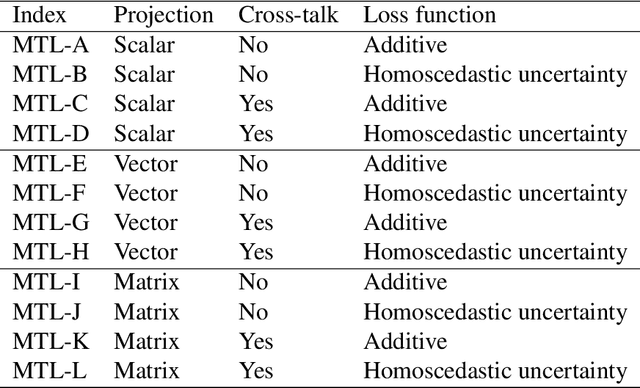A Multitask Deep Learning Model for Parsing Bridge Elements and Segmenting Defect in Bridge Inspection Images
Paper and Code
Sep 06, 2022



The vast network of bridges in the United States raises a high requirement for its maintenance and rehabilitation. The massive cost of manual visual inspection to assess the conditions of the bridges turns out to be a burden to some extent. Advanced robots have been leveraged to automate inspection data collection. Automating the segmentations of multiclass elements, as well as surface defects on the elements, in the large volume of inspection image data would facilitate an efficient and effective assessment of the bridge condition. Training separate single-task networks for element parsing (i.e., semantic segmentation of multiclass elements) and defect segmentation fails to incorporate the close connection between these two tasks in the inspection images where both recognizable structural elements and apparent surface defects are present. This paper is motivated to develop a multitask deep neural network that fully utilizes such interdependence between bridge elements and defects to boost the performance and generalization of the model. Furthermore, the effectiveness of the proposed network designs in improving the task performance was investigated, including feature decomposition, cross-talk sharing, and multi-objective loss function. A dataset with pixel-level labels of bridge elements and corrosion was developed for training and assessment of the models. Quantitative and qualitative results from evaluating the developed multitask deep neural network demonstrate that the recommended network outperforms the independent single-task networks not only in performance (2.59% higher mIoU on bridge parsing and 1.65% on corrosion segmentation) but also in computational time and implementation capability.
 Add to Chrome
Add to Chrome Add to Firefox
Add to Firefox Add to Edge
Add to Edge